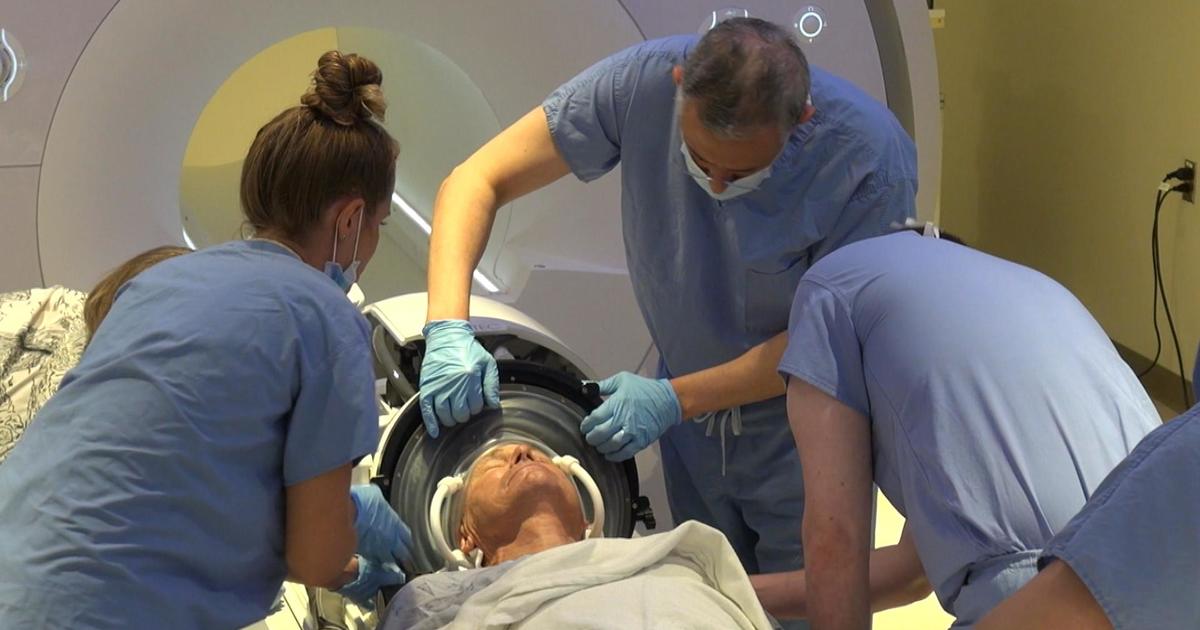What is ulcerative colitis? An expert explains what causes the inflammatory bowel disease and how to manage it
Our gut is the key to much of our body's overall health, which is why diseases like ulcerative colitis can be so detrimental.
Ulcerative colitis is one of the most common inflammatory bowel diseases. The Crohn's & Colitis Foundation estimates one in every 100 Americans will be diagnosed with the disorder or Crohn's Disease in their lifetime.
To better understand ulcerative colitis, gastroenterologist Dr. George Nikias spoke with CBS News about what it is and other common questions.
"Ulcerative colitis is one of the two cardinal inflammatory bowel diseases. The other ... is Crohn's disease," Nikias said. "They both represent essentially unchecked inflammation in the bowel."
The difference between the two is where the inflammation occurs.
"Ulcerative colitis involves only the colon, or the large intestine, and only involves inflammation of the innermost lining of the large intestine," he explains, where as Crohn's disease can involve any area of the intestine and tends to involve the entire wall.
What causes inflammatory bowel disease?
While causes haven't been specifically clarified, Nikias says, they most likely involve some autoimmune type process largely driven through genetics. That, coupled with some external influence, leads to this unchecked inflammation in the gut, he explains.
Because of the genetic component, people diagnosed with ulcerative colitis and Crohn's disease tend to carry a family history of this condition, Nikias says. But, because it's not strictly linked to genetics, having a family history does not guarantee you will also have it.
Other risks include environmental factors like diet, including a Western diet that contains more refined foods and preservatives, Nikias adds.
How do you treat ulcerative colitis?
Treatment typically involves medications to suppress inflammation, control symptoms and reduce complications.
"We have made great strides in the last 15 or 20 years to treat both these conditions," Nikias says.
"This can be done very safely and they're very effective," he adds.
When should you see a doctor?
Nikias encourages anyone who has symptoms speak to their health care professional to get evaluated.
"I think there are many individuals out there that will have periodic abdominal cramping, even sporadic bleeding in their bowel movements and will dismiss it as something innocuous," he says, adding these could be signs of inflammatory bowel disease, including ulcerative colitis.
for more features.



